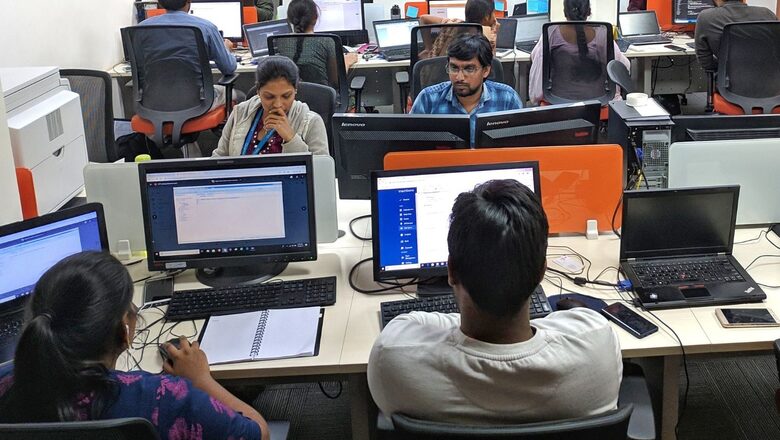
views
The government has released four new labour codes after working on it for several months, with an aim to revamp the rules dictating the age old relationship between employees and their employers. The newly prescribed labour codes lay down a host of schemes, under which there will be significant changes in terms of an employee’s salary, his or her PF contributions and work hours. The labour codes also feature changes in working conditions, labour welfare, health and safety. These laws, once implemented, will make organisations across the country undergo paradigm shifts.
Here are the changes one can expect under the four new labour codes
Working Hours and Days Off
Under the new labour laws, one major thing that is likely to be implemented is the change in workdays. Once the new rule comes into effect, companies will be able to make employees work for four days instead of five, and there will be three week offs. However, there is a catch to it. Employees will need to work for 12 hours a day instead of eight, since work hours will not get reduced. This will be applicable to every industry, but may change from state to state depending on the rules set by a particular state.
PF Contributions and Take Home Salary
Another major change that this is going to bring in is that the ratio of the take home salary and the employees and employer’s contribution in provident fund. As per the provision of the new codes, the basic salary of the employee will have to be 50 per cent of the gross salary. While this will mean that PF contributions of the employee and employer will increase, the take home salary will decrease for some employees, especially those working in private firms. The money received after retirement as well as the gratuity amount will also increase under the provisions of the new draft rules.
Annual Leaves
The central government under the new labour laws also wants to rationalise the leave an employee can avail during his or her tenure at a company. The policy of carrying forward a leave to the succeeding year and encashment of leaves are also being rationalised. The government is also recognising work from home structure, which has become prevalent during Covid-19, in its draft model applicable to the service industry. On the other hand, the new labour codes have increased the eligibility requirement for leaves from 240 days of work to 180 days of work in one year. This means that in order to be eligible for getting a leave, an employee has to work for 240 days after joining a new job.
Uttarakhand, Uttar Pradesh, Madhya Pradesh, Chhattisgarh, Odisha, Arunachal Pradesh, Haryana, Jharkhand, Punjab, Manipur, Bihar, Himachal Pradesh and UT of Jammu and Kashmir are among the states which have already drafted rules the labour laws.
Read all the Latest News , Breaking News , watch Top Videos and Live TV here.















Comments
0 comment